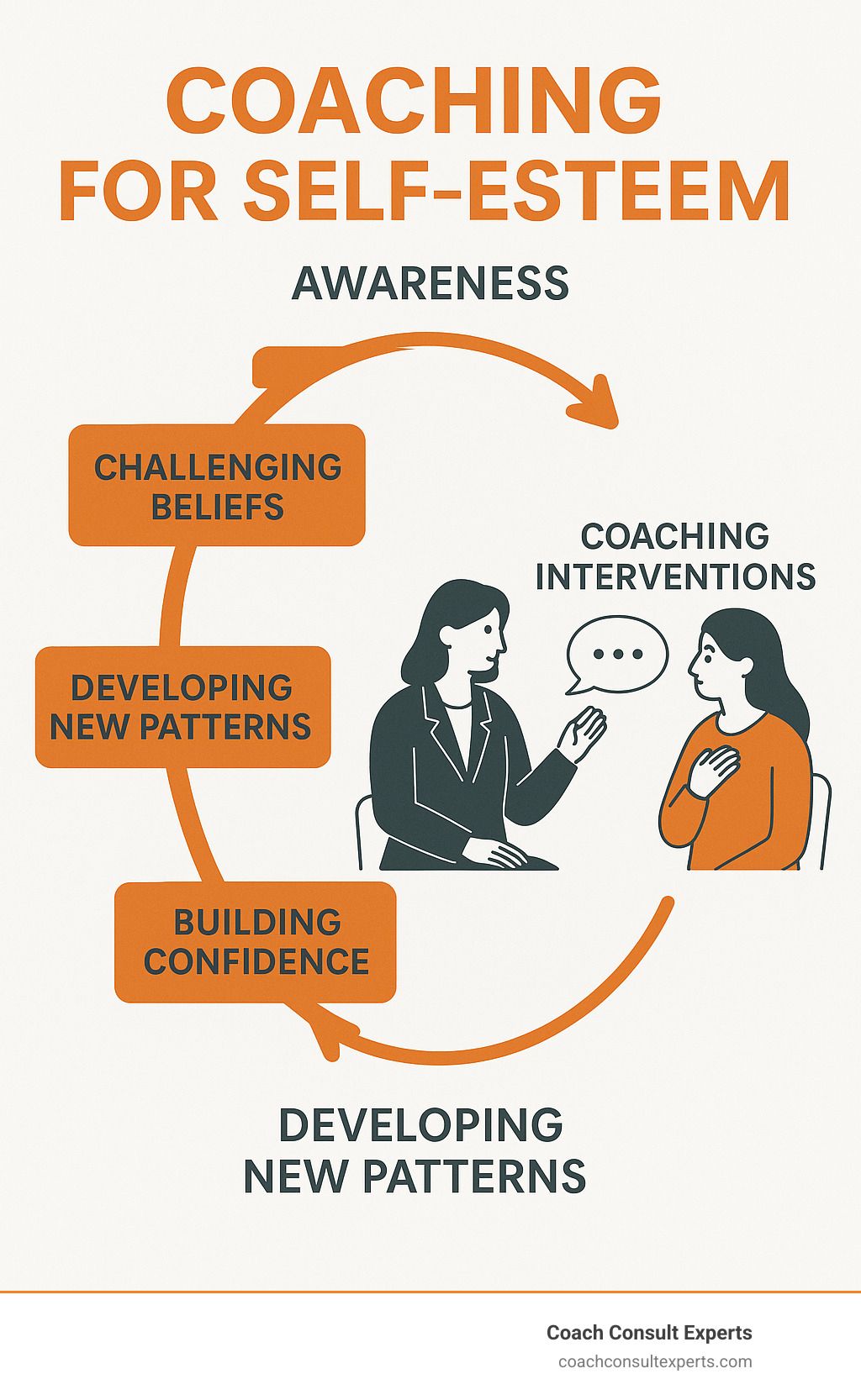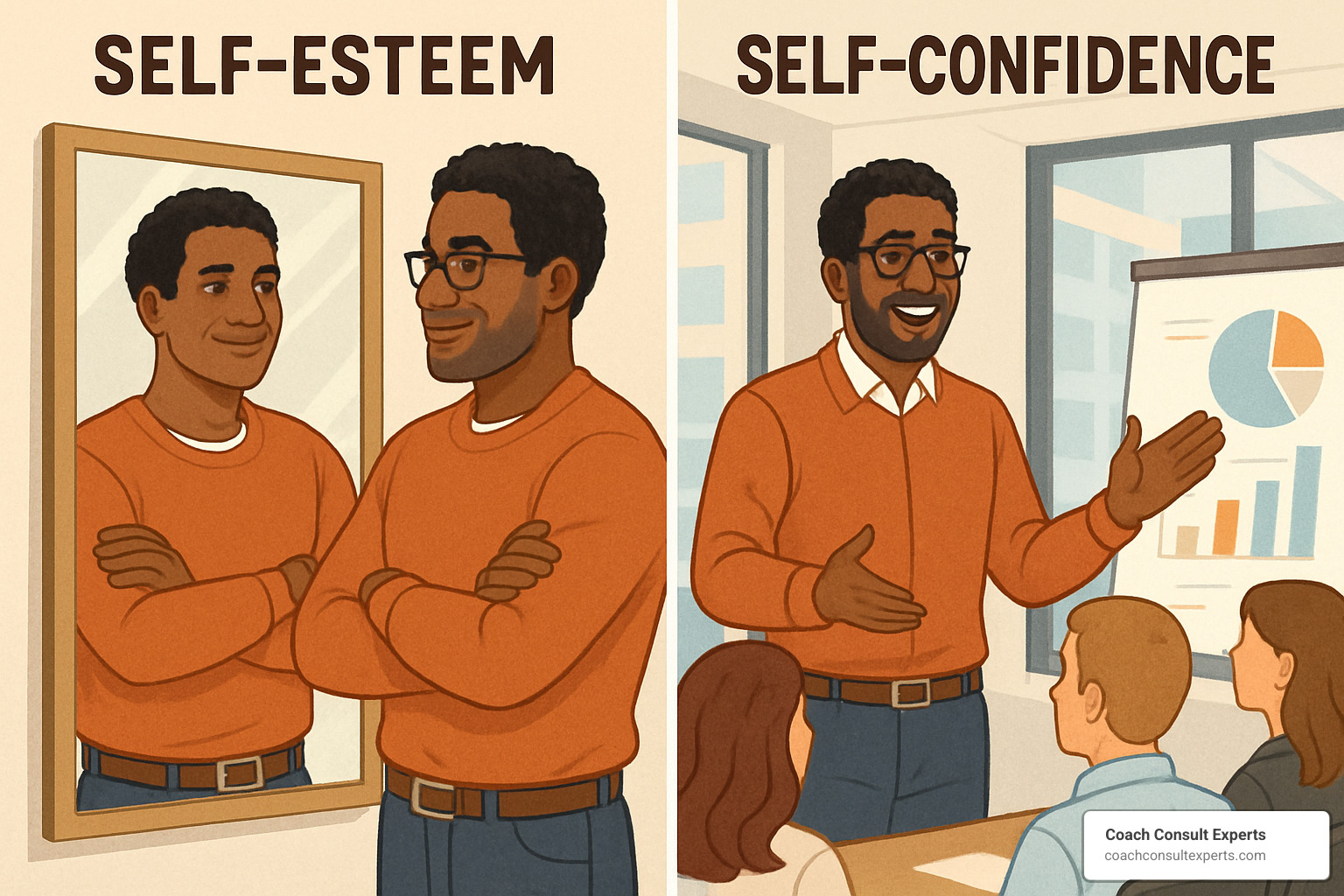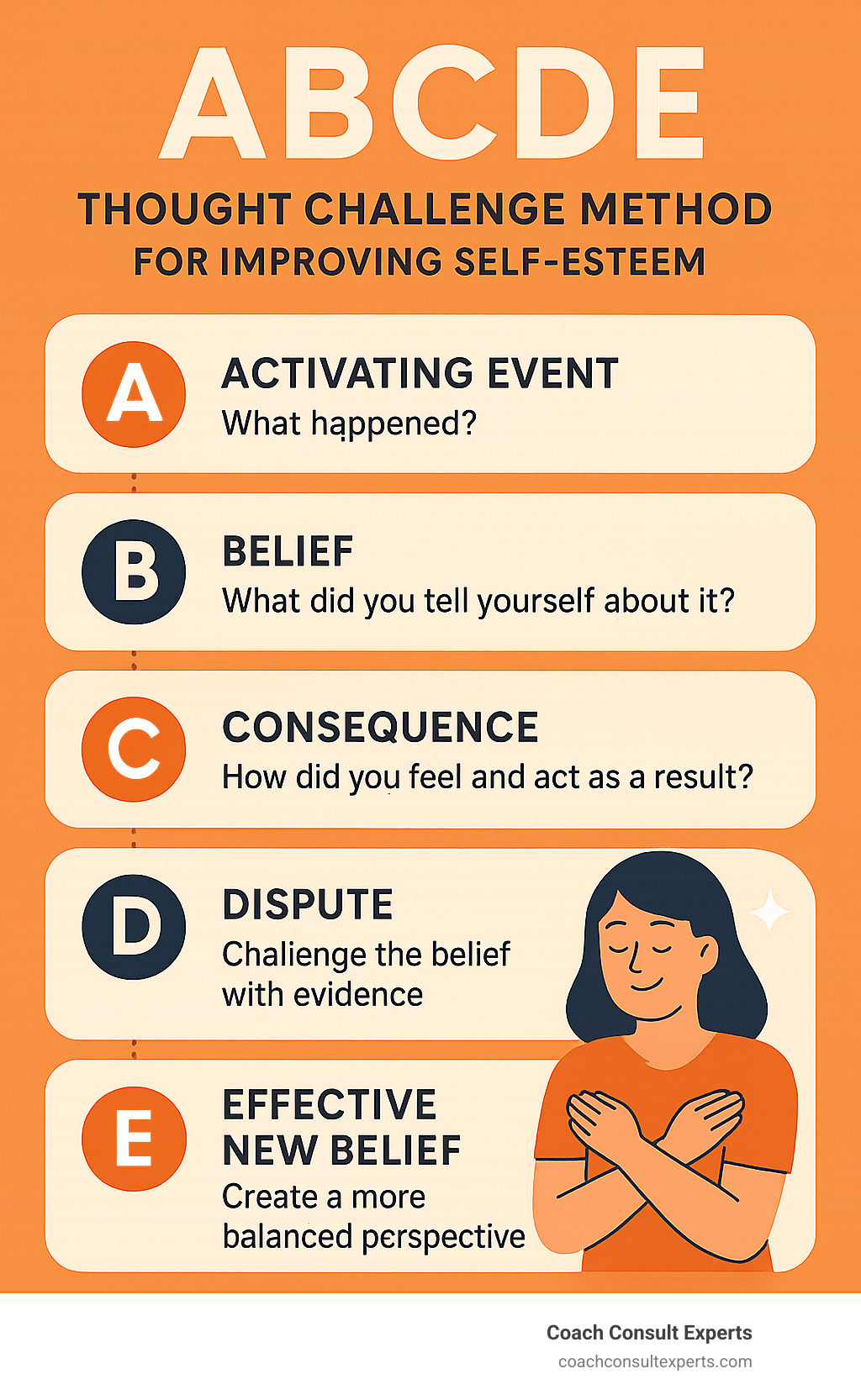Coaching for Self Esteem: 7 Powerful Ways to Boost Confidence
Understanding the Power of Self-Esteem Coaching
Coaching for self esteem is a specialized form of personal development that helps individuals build a healthier relationship with themselves through guided questioning, accountability, and targeted exercises. If you’re wondering how coaching can help improve your self-worth, here’s what you need to know:
- Definition: Self-esteem coaching focuses on helping clients recognize their inherent value, challenge negative self-beliefs, and develop a stronger sense of self-worth
- Benefits: Improved confidence, better decision-making, improved relationships, reduced anxiety, and greater resilience
- Process: Typically involves regular sessions (in-person or virtual) with a trained coach who uses questioning techniques to help clients uncover and address the root causes of low self-esteem
- Timeframe: Most clients see meaningful improvements within 3-9 months of consistent coaching
Self-esteem affects virtually every aspect of our lives – from career decisions to relationships to how we handle setbacks. Yet according to research, many adults struggle with negative self-perceptions that significantly hinder them from reaching their full potential.
Unlike therapy, which often focuses on healing past trauma, coaching for self esteem is primarily future-oriented. It provides practical tools and strategies to help you recognize your worth, challenge self-limiting beliefs, and develop healthier thought patterns.
As Coach Mary Chege-Kamau, I bring over a decade of experience in coaching for self esteem, helping ambitious professionals overcome self-doubt and develop unshakable confidence through my ICF-certified approach that combines powerful questioning with actionable strategies.

Self-Esteem vs. Self-Confidence: Laying the Groundwork
Ever noticed how some people seem to have it all together professionally, yet still struggle with feeling worthy? That’s because self-esteem and self-confidence are actually quite different things – though they’re often confused.
Self-esteem is about your core relationship with yourself – how much you genuinely value and like yourself as a person, regardless of what you’ve achieved or can do. It’s that inner voice that either lifts you up or tears you down throughout your day. According to Psychology Today, healthy self-esteem shapes not just how you see yourself, but how you interact with others and steer the world.
Self-confidence, meanwhile, is more situation-specific. It’s that trust in your abilities when giving a presentation, learning a new skill, or tackling a challenge. You might excel at your job with complete confidence, while still harboring deep feelings of not being “enough” underneath.
The key distinction? Self-esteem is about who you are, while self-confidence is about what you can do. Both matter, but healthy self-esteem creates the foundation that situational confidence builds upon.

You might recognize low self-esteem through persistent negative self-talk, difficulty accepting compliments, fear of failure that prevents taking risks, or heightened sensitivity to criticism. People-pleasing, perfectionism, and constantly comparing yourself unfavorably to others are also common signs.
Common Drivers of Low Self-Esteem
Understanding where low self-esteem comes from helps us address it at the root. Self-esteem beliefs typically form by age 7, based on how we interpret childhood experiences. Those early messages from parents, teachers, and peers leave lasting impressions that can follow us for decades.
Childhood trauma and abuse create particularly deep wounds. According to research, these early experiences can fundamentally shape how we value ourselves.
Social media hasn’t helped matters. A recent survey found 65% of college freshmen base their self-worth primarily on appearance – and platforms that encourage constant comparison only deepen this tendency.
Perfectionism creates another trap – setting impossibly high standards leads to inevitable perceived “failure” and self-criticism. Meanwhile, negative relationships with critical or dismissive people slowly erode self-worth over time.
In coaching for self esteem, identifying these root causes is essential because it helps pinpoint specific beliefs and patterns that need addressing.
Coaching for Self Esteem: Your Fast-Track to Inner Worth
When it comes to building a healthier relationship with yourself, coaching for self esteem offers a refreshingly direct path. Unlike approaches that just scratch the surface with positive thinking exercises or generic affirmations, good coaching digs deeper—addressing those stubborn subconscious patterns that keep low self-esteem firmly in place.
Think of a self-esteem coach as your personal guide on this journey inward. They create a judgment-free zone where you can safely explore what’s really going on beneath those negative self-perceptions. Through thoughtful questions that gently challenge your thinking, they help you uncover insights you might never reach on your own.
The results speak for themselves—the International Coach Federation found that 99% of coaching clients reported being ‘somewhat’ or ‘very satisfied’ with their experience, and 96% said they’d do it again.
What might you gain from coaching for self esteem? Most clients experience a profound shift in self-awareness, learning to recognize and interrupt negative thought patterns. You’ll develop practical tools to challenge that inner critic and build skills for setting healthy boundaries. Many clients find they make better decisions aligned with their true values, bounce back faster from setbacks, and feel genuinely motivated to pursue meaningful goals.

| Self-Esteem Coaching | Therapy |
|---|---|
| Future-focused | May explore past trauma in depth |
| Goal-oriented | Process-oriented |
| Focuses on action and accountability | May focus more on insight and healing |
| Not designed to treat mental health conditions | Can treat diagnosed mental health conditions |
| Typically shorter term (3-9 months) | May be longer term |
| No medical license required | Requires professional license |
| Not covered by insurance | May be covered by insurance |
Coaching for Self Esteem vs. Therapy—Key Differences
While both coaching for self esteem and therapy can significantly improve self-worth, they take different approaches to get you there.
Coaching primarily looks forward, helping you envision a more confident future and creating practical steps to get there. Therapy often takes more time exploring past experiences and trauma that shaped your self-perception.
When it comes to mental health concerns, the boundaries are clear. Coaches don’t diagnose or treat clinical conditions like depression or anxiety disorders. If you’re experiencing severe symptoms, therapy provides the specialized support you need.
Coaching for Self Esteem Across Age Groups
The beauty of coaching for self esteem is how it adapts to meet you exactly where you are in life:
For children (6-12 years), effective coaching feels more like play than work. Creative activities, storytelling, and art projects build self-esteem naturally.
Teenagers (13-19 years) face identity questions and social pressures. Coaching during these formative years focuses on developing a strong sense of self separate from peer opinions.
Adult coaching (20-64 years) often addresses confidence issues showing up in careers, relationships, or major life transitions. Techniques might include clarifying your core values, practicing healthy boundary setting, and dismantling limiting beliefs.
For seniors (65+ years), self-esteem coaching often focuses on navigating retirement, finding new purpose, or adapting to age-related changes.
At Coach Consult Experts, we’ve seen remarkable changes through our group coaching programs that address self-esteem challenges.
Practical Techniques & Tools Used in Self-Esteem Coaching
When you step into coaching for self esteem, you’re opening yourself to a toolkit of powerful techniques that can transform how you see yourself. These methods create those “light bulb moments” where clients suddenly view themselves through a completely different lens.
Powerful Questioning
At the heart of effective coaching for self esteem is the art of asking questions that gently challenge those inner critics we all carry around. Rather than telling you what to think, a good coach asks questions that help you uncover your own truths.
“What evidence do you have that contradicts this negative belief?” This simple question often stops clients in their tracks. Suddenly they’re considering positive experiences they’ve been overlooking for years.
Cognitive Behavioral Techniques
Many coaches incorporate elements from Cognitive Behavioral Therapy because they work. The ABCDE method is particularly powerful for breaking down negative thought patterns:

This structured approach helps you see how your interpretations—not the events themselves—create your emotional responses.
Affirmations and Visualization
Generic affirmations like “I am amazing” often feel hollow when you’re struggling with self-worth. The secret is creating statements that feel authentic to you. “I am learning to value my contributions” might resonate more deeply.
Visualization works hand-in-hand with affirmations. By mentally rehearsing success or picturing yourself embodying confidence, you’re creating new neural pathways.
Journaling and Worksheet Exercises
There’s something magical about putting pen to paper that helps crystallize thoughts and track progress. Coaching for self esteem often includes structured writing exercises like documenting your strengths, tracking and challenging negative thoughts, clarifying your core values, and recording daily wins.

NLP Techniques
Neuro-Linguistic Programming offers several gems for building self-worth. Anchoring creates a physical trigger (like pressing your thumb and forefinger together) that you associate with confident feelings. Reframing helps you see situations from different perspectives.
Self-Care Planning
When you struggle with self-esteem, self-care often feels indulgent rather than essential. Creating a personalized self-care routine reinforces the message that you deserve care and attention.
Signature Exercises That Spark Change
Some exercises consistently create breakthrough moments in coaching for self esteem:
The Strengths Inventory helps you identify and document your unique strengths and talents.
The Evidence Log directly challenges negative self-beliefs by recording contradictory evidence.
With the Fear Ladder, you break intimidating goals into tiny, manageable steps.
A daily Gratitude Practice shifts your focus from perceived deficits to abundance.
Mirror Work might feel awkward at first, but speaking kindly to yourself in the mirror is a powerful way to practice self-compassion.
At Coach Consult Experts, we believe in tailoring these techniques to your unique situation rather than following a rigid formula. If you’re curious about increasing your sense of deserving, we have additional resources to support your journey.
Life After Sessions: Sustaining and Growing Your Self-Esteem
The true measure of successful coaching for self esteem isn’t just how you feel during sessions—it’s about what happens after the formal coaching relationship ends. Building lasting self-worth requires thoughtful planning and practical everyday strategies that become part of your life.
Relapse Prevention
Everyone experiences occasional dips in self-esteem, especially during life’s challenges. That’s completely normal and doesn’t mean you’ve failed! A good coach will work with you to create a personalized “bounce-back plan” that includes:
Recognizing your personal early warning signs, specific actions to take when you notice these signs, and identifying who you can reach out to for support. Most importantly, this plan includes giving yourself permission to be imperfectly human while still moving forward.
Habit Stacking
One of the secrets to maintaining your self-esteem is attaching new practices to routines you already have. Think of it as piggybacking on existing habits! For example, you might practice a quick self-affirmation while brushing your teeth or review one of your strengths while waiting for your coffee to brew.
This approach makes self-esteem work feel less like another chore and more like a natural part of your day.
Social Support Networks
The people around you profoundly impact how you see yourself. Creating a supportive network is crucial for maintaining your self-esteem gains. This might include finding an accountability buddy who checks in on your self-esteem practices, cultivating friendships with people who see your worth, or joining communities focused on personal growth.
Many clients find that periodic “maintenance sessions” with their coach provide valuable tune-ups and prevent backsliding.
Milestone Celebrations
We often rush past our achievements without truly acknowledging them. Creating a system to celebrate your self-esteem progress—big and small—reinforces positive change and reminds you of how far you’ve come.

Whether it’s speaking up in a meeting, setting a boundary with a difficult person, or taking on a challenge you previously avoided due to fear—each victory deserves recognition.
Inner Critic Management
Learning to peacefully coexist with your inner critic is an ongoing practice. Rather than trying to silence this voice completely (which rarely works), you can develop a healthier relationship with it.
Try naming your inner critic to create some distance—”There goes Debbie Downer again!” When critical thoughts arise, respond with curiosity and compassion rather than judgment.
You can learn more about working with your inner voice in our guide to Honor Your Discontent, which explores how to use dissatisfaction as a catalyst for growth rather than a source of shame.
DIY Maintenance Toolkit
Building your personalized collection of self-esteem boosting tools ensures you always have support at your fingertips. Your toolkit might include:
Daily reflections that take just a few minutes but keep you connected to your worth, SMART goals that continue building your confidence through achievement, and an accountability system that helps you stay on track.
Research from the International Coach Federation confirms that clients who implement structured follow-up practices maintain their gains significantly better than those who don’t.
How to Find and Choose the Right Self-Esteem Coach
Finding a coach who truly understands your self-esteem journey isn’t just about qualifications—it’s about connection, trust, and alignment with your personal goals.
Check Credentials and Training
The coaching industry doesn’t have universal regulation, which makes checking credentials especially important. When researching potential coaches, look for those who have invested in their professional development through:
Recognized certification from established organizations like the International Coach Federation (ICF), which ensures they’ve met rigorous training standards.
Specialized training in self-esteem, confidence building, or related psychological approaches shows their commitment to understanding the nuances of self-worth development.
Ongoing education demonstrates they’re staying current with effective techniques rather than relying on outdated approaches.
A clear coaching philosophy that resonates with your values and feels authentic rather than overly scripted.
Look for Relevant Experience
Beyond formal credentials, a coach’s practical experience can tell you much about their ability to help with your specific challenges. Consider asking:
“Have you worked with clients facing similar self-esteem issues to mine?” A coach who understands your particular struggles will have relevant strategies ready.
“Can you share examples of client success stories?” While maintaining confidentiality, experienced coaches should be able to describe change journeys similar to what you’re seeking.
Schedule a Chemistry Call
That initial conversation with a potential coach tells you volumes about your compatibility. Most reputable coaches offer a complimentary consultation precisely because this relationship needs to feel right for both parties.

During this call, notice how comfortable you feel opening up. Do they create a judgment-free space? Do they listen deeply or just wait for their turn to speak? The right coach will make you feel both heard and hopeful.
Understand the Investment
Quality coaching for self esteem represents an investment in your future happiness and success. According to our research, fees typically range between $50 and $500 per session, with most experienced coaches charging between $75-200 hourly.
When discussing pricing, ask about the structure—many coaches offer package rates that provide better value than single sessions.
The cheapest option isn’t always the best value. Consider what this investment might return in terms of improved relationships, career advancement, and daily happiness.
Watch for Red Flags
Trust your instincts if something feels off. Be wary of coaches who:
Promise miraculous changes or guarantee specific results in unrealistically short timeframes.
Use high-pressure sales tactics or make you feel rushed to commit.
Blur the lines between coaching and therapy without proper credentials.
Can’t clearly explain their process or seem vague about how they’ll help you achieve your goals.
At Coach Consult Experts, we believe finding the right match is essential for transformative coaching. For more information about working with our team of experienced coaches, visit our Work With Me page.
Frequently Asked Questions about Coaching for Self Esteem
What results can I expect and when?
If you’re considering coaching for self esteem, you’re probably wondering what kind of timeline to expect for results. The truth is, personal growth happens at different rates for everyone, but there is a typical pattern.
Most people begin noticing small but meaningful shifts within the first 8-12 weeks of consistent work. You might catch yourself noticing negative self-talk that previously ran on autopilot, or find yourself speaking up in a meeting when you would have stayed silent before.
These initial awareness breakthroughs are incredibly powerful – they’re the first signs that you’re developing a new relationship with yourself.
The deeper work of changing core beliefs about your worthiness typically emerges around the 3-6 month mark. This is when many clients report feeling fundamentally different in how they view themselves and approach challenges.
Building self-esteem is like growing a garden – it requires patience, consistent tending, and a willingness to get your hands dirty. The clients who see the most dramatic results are those who practice between sessions and accept the occasional discomfort that comes with challenging long-held beliefs.
Will coaching for self esteem help with anxiety or depression?
Many people come to coaching for self esteem hoping to address feelings of anxiety or low mood – and with good reason. When we strengthen our relationship with ourselves, we often experience less emotional turbulence as a natural side effect.
Coaching can be tremendously helpful for addressing mild to moderate anxiety and low mood by tackling the negative thought patterns that fuel these feelings. Many clients report feeling calmer, more grounded, and more optimistic as their self-esteem improves.
That said, coaching is not a replacement for mental health treatment. If you’re experiencing clinical depression, severe anxiety, or other significant mental health concerns, I strongly recommend:
First consulting with a licensed mental health professional who can provide proper assessment and treatment
Considering coaching as a complementary approach, with your therapist’s approval
Being completely transparent with potential coaches about your mental health status
At Coach Consult Experts, we believe in the power of collaboration between coaches and therapists when appropriate, creating a comprehensive support system for your wellbeing.
How much does a typical coaching program cost?
Investing in yourself through coaching for self esteem is one of the most valuable decisions you can make – but it’s also important to understand the financial commitment involved.
Based on industry experience, here’s what you can typically expect to invest:
For individual sessions, most qualified coaches charge between $75-$200 per hour, with the average falling around $125.
Comprehensive coaching packages (typically spanning 3-6 months) generally range from $1,500-$5,000 total. These programs often include regular sessions, materials, email support between sessions, and a structured approach to change.
For those seeking a more affordable option, group coaching programs provide many of the same benefits at a lower price point, typically between $300-$1,200 for a multi-week program.
Conclusion
Building healthy self-esteem is truly one of the most powerful investments you can make in your life journey. Throughout this guide, we’ve seen how coaching for self esteem provides a structured, supportive pathway to developing a positive relationship with yourself—one that can transform nearly every aspect of your daily experience.
The path to lasting confidence rarely follows a straight line. You’ll likely encounter challenges and occasional setbacks along the way. That’s completely normal and part of the growth process. With the right coach by your side, effective tools in your toolkit, and consistent practice, you can develop a resilient sense of self-worth that stands strong even when life throws its inevitable curveballs your way.
Developing a growth mindset is essential to this journey. Each challenge becomes an opportunity to strengthen your self-perception rather than evidence of your limitations. This shift in perspective alone can create remarkable changes in how you steer your world.
The beauty of coaching for self esteem lies in its ability to create rapid yet sustainable change. By addressing the subconscious patterns that have been holding you back, you can experience breakthroughs that might have seemed impossible through willpower alone.
Whether you’re currently struggling with persistent self-doubt, recovering from significant setbacks, or simply ready to lift your confidence to new heights, coaching for self esteem provides the guidance, accountability, and heartfelt support you need to truly thrive.
At Coach Consult Experts, we believe that everyone deserves to experience the freedom and fulfillment that comes with healthy self-esteem. Our approach focuses on creating meaningful, lasting change that resonates at your core.
Ready to begin your journey toward unshakable self-worth? Explore our VIP Coaching options and take that powerful first step toward becoming your most confident, authentic self today.



